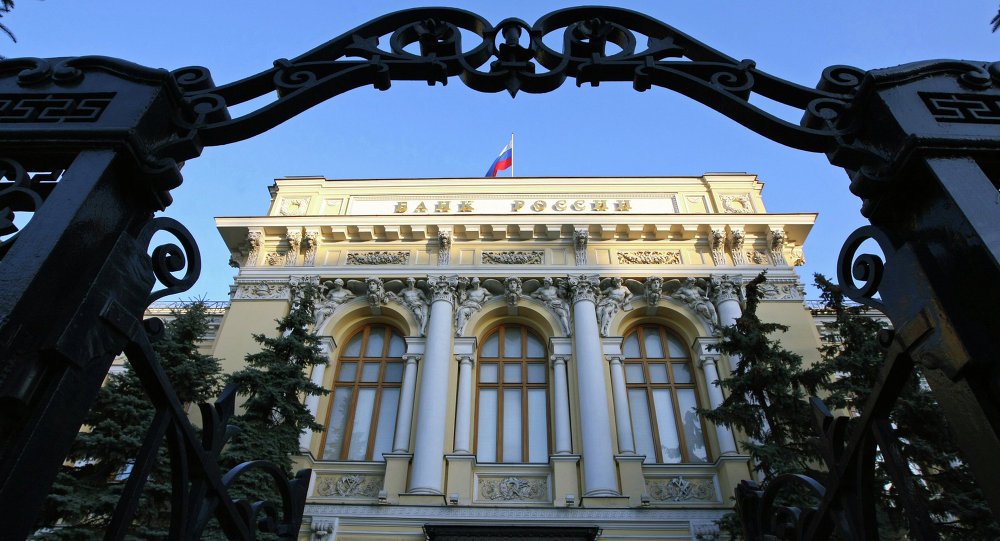The digital currency community in Russia has been facing uncertainty for the last few months due to the government’s passive-aggressive stance toward possible regulation. Now, it seems that despite recent statements condemning cryptocurrencies, bitcoin mining might become a legal endeavor for those who are interested.
Bitcoin mining to exit the legal gray area
Not long ago, there were numerous reports that Russia was planning to fully legalize and subsidize mining throughout the country. However, it is important to point out that bitcoin mining in Russia has occupied a legal gray area due to the lack of regulation. Moreover, the reasonable cost of electricity made home-mining operations profitable.
Now, following the country’s crackdown on digital currencies, and after reports that access to exchanges might be banned in the future, it seems the government wishes to regulate mining activities as well. A crackdown began a few days ago, when President Vladimir Putin warned of the serious risks that digital currencies bear, such as terrorism financing, money laundering, and tax evasion.
Those declarations don’t make much sense, considering that the government – along with the Institute for Internet Development and the Russian Association of Blockchain and Cryptocurrency – has reportedly already laid out plans to make electricity costs more bearable for miners through government subsidies.
Many observers believe that the plan was more of a way to encourage miners to register with the government. By doing so, mining will become more profitable, and miners will be required to abide by stricter regulation, be more transparent, and of course, follow tax laws. In return, this will theoretically reduce money laundering and tax evasion carried out by bitcoin users who prefer to mine.
It remains unclear whether the government will follow through with its subsidization plans. Either way, regulation for miners will be drafted and most likely become obligatory in the near future.
Based on these developments, what do you personally think about Russia’s recent changes in its attitude toward digital currencies? Let us know your thoughts in the comment section below.

